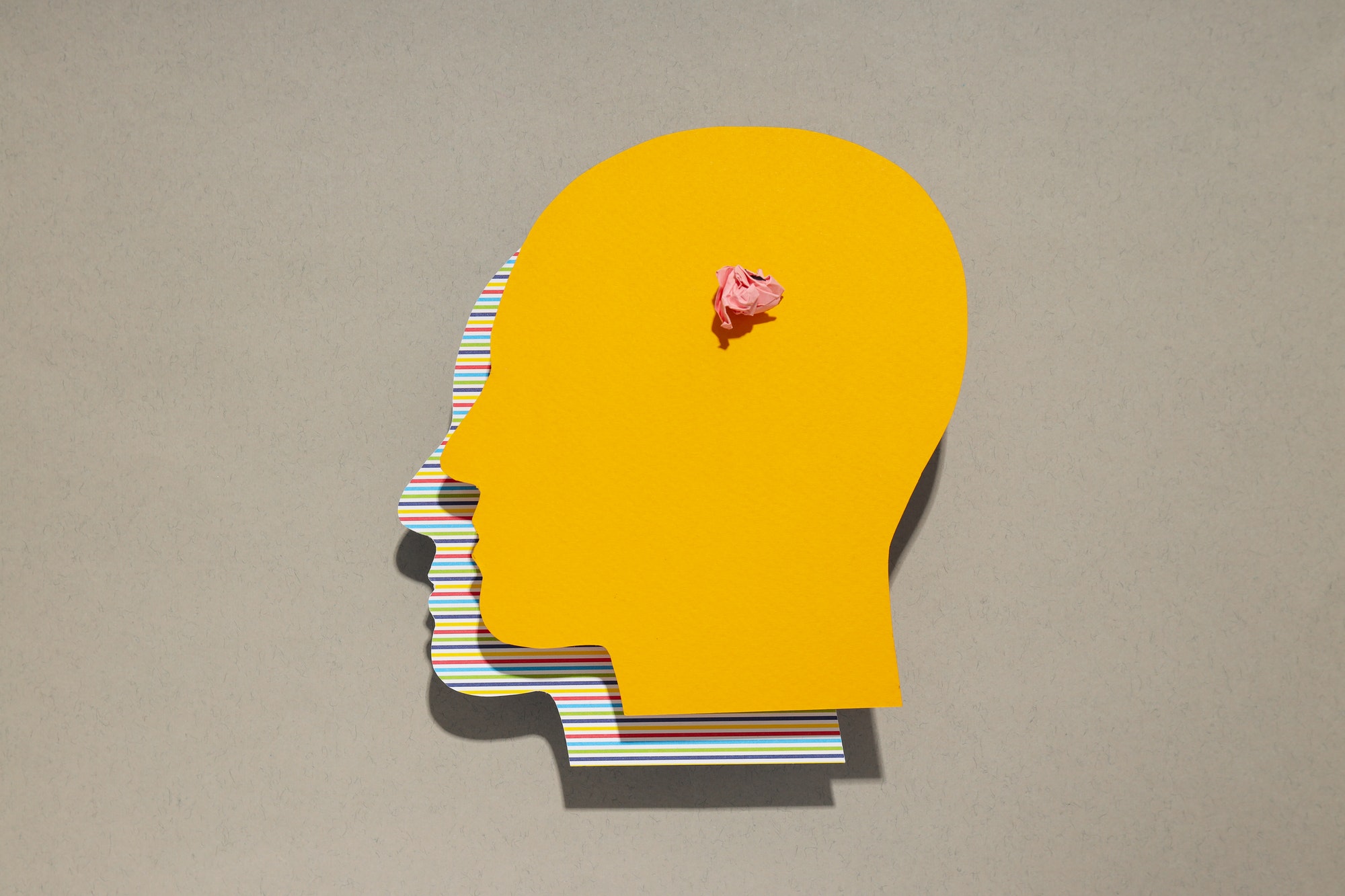In today’s society, mental health difficulties are still accompanied by negative stigma, which can have a profound impact on the quality of life for individuals experiencing these challenges. In this post, we will delve deeper into the detrimental effects of stigma surrounding mental health from the perspective of Dialectical Behavior Therapy (DBT). By exploring real-life examples and practical strategies, we aim to shed light on the impact of stigma and empower individuals to lead fulfilling lives despite their challenges.
Understanding Stigma
Stigma refers to the negative attitudes, beliefs, and stereotypes that exist within society towards individuals with mental health difficulties. These prejudices can lead to discrimination, social exclusion, and a reluctance to seek help, exacerbating the already complex nature of mental health issues. Stigma often arises due to misconceptions, lack of awareness, and fear of the unknown.
The Vicious Cycle
The negative stigma surrounding mental health creates a vicious cycle that perpetuates the very difficulties it aims to address. Individuals who experience stigma may internalize negative beliefs about themselves, leading to decreased self-esteem and self-worth. This, in turn, can intensify their mental health symptoms and hinder their ability to engage in meaningful relationships and activities.
The Impact on Quality of Life
The impact of negative stigma on the quality of life for individuals with mental health difficulties cannot be understated. Let’s explore some practical examples:
- Access to Treatment: Stigma can act as a barrier to seeking appropriate mental health treatment. For example, individuals may fear judgment or be labelled as “weak” or “crazy.” This fear might lead them to delay seeking help or to avoid it altogether, resulting in delayed or inadequate care.
- Social Isolation: Stigmatized individuals often experience social isolation due to the fear of being judged or misunderstood by others. They may feel reluctant to share their experiences or seek support, leading to feelings of loneliness and alienation. This isolation can exacerbate their mental health difficulties and hinder their overall well-being.
- Employment and Education: Stigma can significantly impact an individual’s ability to secure a job or pursue educational opportunities. Prejudice within these domains can limit career prospects, create workplace discrimination, and impede personal growth and development. For instance, individuals may face discrimination during job interviews or encounter workplace environments that perpetuate negative stereotypes about mental health.
- Relationships: Negative stigma surrounding mental health can strain relationships with friends, family, and romantic partners. Misunderstandings and lack of support can lead to strained dynamics and feelings of rejection or abandonment. This further exacerbates mental health symptoms and reduces overall life satisfaction.
DBT’s Approach to Addressing Stigma: Dialectical Behavior Therapy (DBT) offers a comprehensive approach to addressing the impact of stigma on mental health difficulties. DBT emphasizes practical strategies that individuals can implement in their lives:
- Mindfulness: By cultivating non-judgmental awareness of thoughts, emotions, and experiences, individuals can begin challenging the internalized stigma and develop self-compassion. For example, practicing mindfulness exercises such as deep breathing or meditation can help individuals become more accepting of their own experiences without judgment.
- Emotional Regulation: DBT equips individuals with skills to manage intense emotions associated with stigma. This allows them to respond effectively to external prejudices while maintaining emotional well-being. For instance, DBT teaches techniques such as emotion labeling and self-soothing activities that can help individuals navigate through difficult emotions triggered by stigmatizing situations.
- Interpersonal Effectiveness: DBT provides practical strategies for navigating social interactions in the face of stigma. By improving communication skills and setting boundaries, individuals can build healthier relationships and reduce the impact of negative attitudes. For instance, DBT teaches assertiveness techniques that empower individuals to express their needs and educate others about mental health in a respectful manner.
The negative stigma surrounding mental health difficulties significantly affects an individual’s quality of life. From the Dialectical Behavior Therapy (DBT) perspective, it is crucial to challenge societal misconceptions and promote acceptance and understanding. By employing DBT’s principles of mindfulness, emotional regulation, and interpersonal effectiveness, individuals can break free from the chains of stigma and reclaim their lives. Ultimately, fostering a more inclusive and supportive society for all requires collective efforts to combat stigma and promote mental health and well-being.














